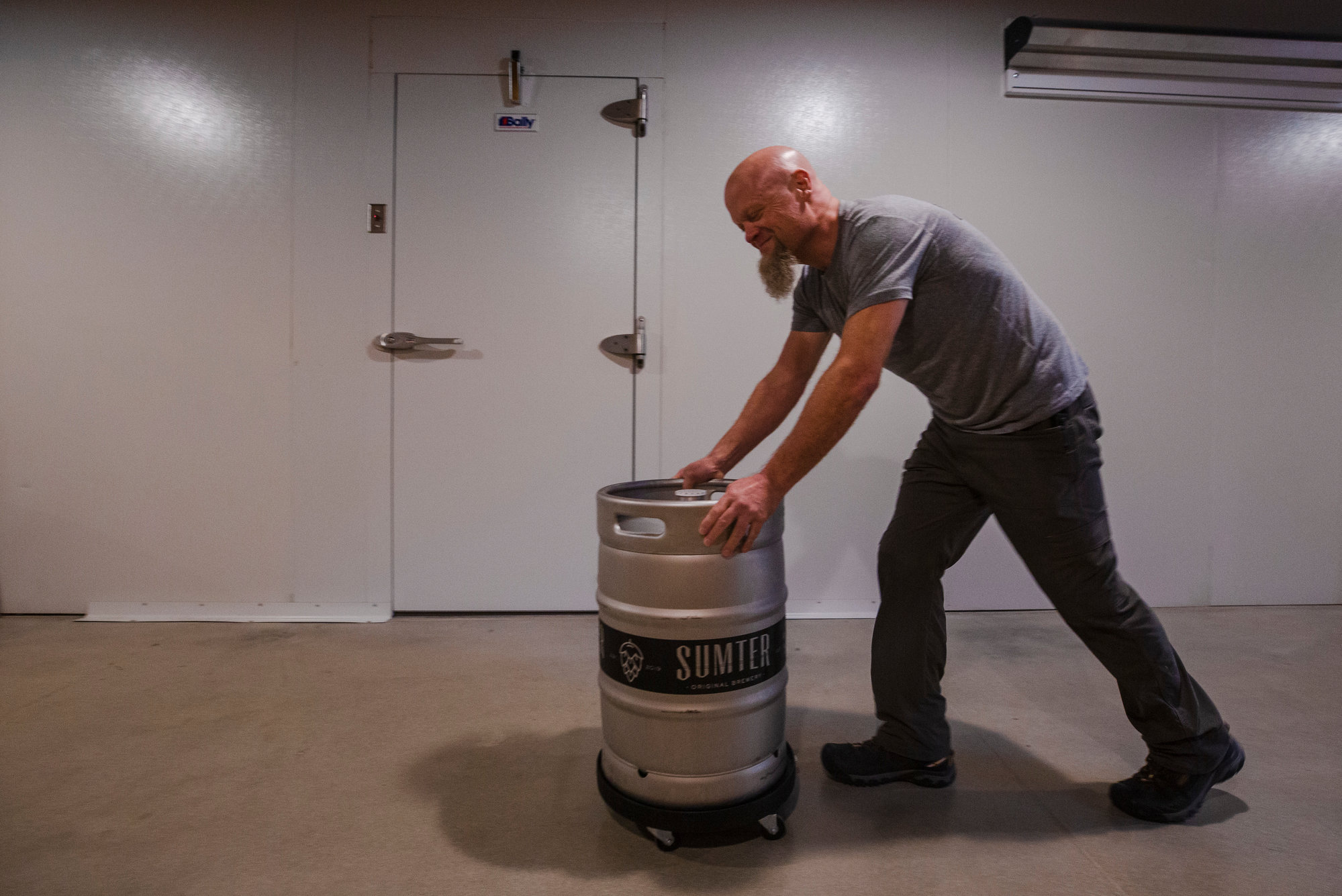McMaster: South Carolina restaurants can serve beer, wine to go during virus crisis
Governor also asking construction workers to donate respirators to medical workers
kayla@theitem.com
To help the food industry survive shutdowns spurred by the coronavirus pandemic, restaurants now can sell beer and wine to-go.
Gov. Henry McMaster issued the Executive Order on Saturday, March 21, allowing the state Department of Revenue to waive regulations that paved the way for the sale of sealed containers of beer and wine for curbside pick-up and to-go orders. The order does not authorize or apply to open containers or delivery services.
He ordered restaurants and bars to close their in-house dining areas last week, with eateries transitioning to only take-away services starting Wednesday, March 18.
The order also directed the revenue department to conform the state’s income tax deadline to July 15, which is the new federal income tax deadline. Other state taxes will remain delayed until June 1, as previously ordered.
McMaster also asked for construction contractors and others in the skilled trade industry to donate any personal protective equipment they can spare to health care professionals and state agencies, including respirator masks commonly used in construction settings.
Those willing to donate equipment should contact Mary Louise Resch of Habitat for Humanity for logistical coordination via email at mlresch@habitatsc.org.
McMaster said Saturday that more than half of South Carolina’s state employees are working from home. As of Friday, the day after he issued an Executive Order to keep non-essential employees home, the state Department of Administration reported that for 52 of 74 sate agencies there were 13,902 state employees working from home or taking leave. There were 11,411 state employees at work.
He said Saturday that all plans and contingencies remain on the table.
“That includes ‘shelter-in-place,’ a drastic action that other state with larger population centers have taken,” he said. “It is my hope that this will not be necessary here, and I believe it to be much less likely, as long as South Carolinians follow official instructions and take recommended precautions now.”
More Articles to Read

